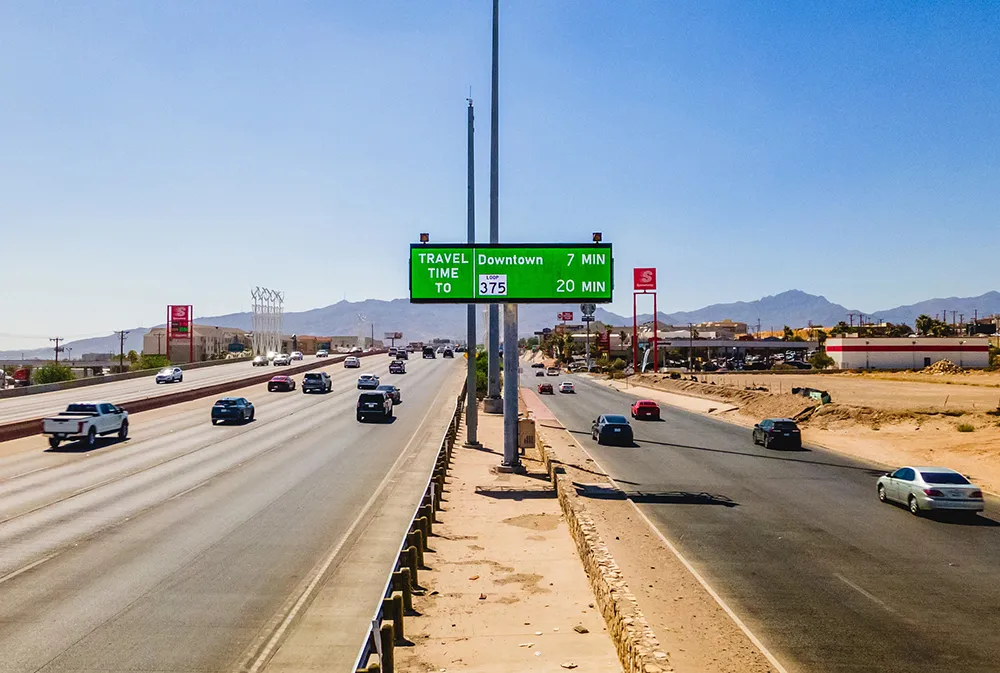In a bid to minimise accidents on the Noida-Greater Noida Expressway in India, the Noida Authority is to issue a tender for an intelligent transportation system (ITS), including a control room, emergency call boxes, message signs, CCTV, speed cameras, VIDS cameras and a meteorological data system. According to officials, completion is projected within six months of the tenders being finalised and the project launched. Once in place, the system will reduce travel times and improve traffic safety and surveill
May 2, 2013
Read time: 1 min
In a bid to minimise accidents on the Noida-Greater Noida Expressway in India, the Noida Authority is to issue a tender for an intelligent transportation system (ITS), including a control room, emergency call boxes, message signs, CCTV, speed cameras, VIDS cameras and a meteorological data system.
According to officials, completion is projected within six months of the tenders being finalised and the project launched. Once in place, the system will reduce travel times and improve traffic safety and surveillance, as well as reducing operational costs and incident reaction time.
The system will monitor traffic data in real-time, detect incidents and congestion automatically and inform road users about travel time, congestions, road closures, diversions, rerouting and all major events via LED message signs.
According to officials, completion is projected within six months of the tenders being finalised and the project launched. Once in place, the system will reduce travel times and improve traffic safety and surveillance, as well as reducing operational costs and incident reaction time.
The system will monitor traffic data in real-time, detect incidents and congestion automatically and inform road users about travel time, congestions, road closures, diversions, rerouting and all major events via LED message signs.









